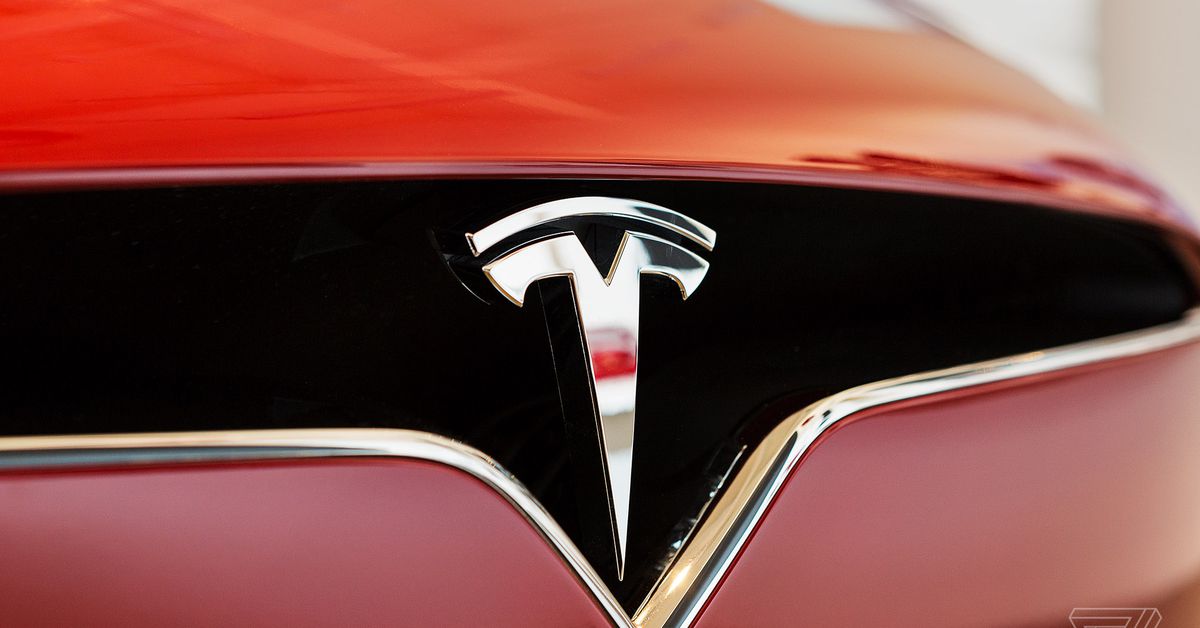Almost all new cars can be tracked by the manufacturer, the system is already built in. Look what Tesla did back in 2017. So the range was already built in, just a different software program for the shorter range cars. Heck, even my CPAP calls the VA everyday, and reports on my usage. Not only big brother, but everyone else is watching our every move.
......and people are okay with that !!! The law has a term for that.....STALKING. It seems it's okay for government and corporations to do, whereas you or I would go to jail. Funny how entities seem to have more rights than people these days.
Okay, enough of the "Off Subject" discussion.
The Tesla example you quoted, I think they probably disabled a feature designed to prevent over draining the batteries. Doing that on a regular basis greatly reduces the life span of batteries, they don't like it. Makes me wonder if those people inadvertently just voided their battery warranty ?
They've made great strides in electric vehicles over the last decade, but the Achilles Heel still remains, the battery. Between the relatively short life span, high cost, and slow charge rate, I think it would take another major breakthrough for most people to accept them as an only option. The max range battery of even the Tesla's falls way short of the range of most gas vehicles these days. A gas or diesel vehicle can completely refuel in well under 10 minutes. A 10 minute charge on an electric vehicle, even with Fast Charge, isn't going to fully charge a drained battery.
I've always figured it would take advancements in super capacitors before people would fully embrace electric vehicles. Longer life span, cheaper to make, can be drained to nothing without harm, and can easily handle both fast charge and discharge rates. They just don't have near enough energy density to make them a viable option currently.
Guess I need to amend my previous statement since hydrogen is really nothing more than a battery for storing energy and it's cheap, clean, and renewable. But it also needs development before it can be a truly viable option.
That said, this is where my "Tin Foil Hat" goes back on. I don't believe Big Oil and their $$$ will allow any advances in hydrogen use as fuel to go mainstream. Even if developed, they will quietly buy up the technology and bury it unless they could completely control it.



